Twitter takes aim at RSS and bookmarks with @Anywhere
But founder Evan Williams disappoints at SXSW by not speaking about plans to allow advertising on Twitter.
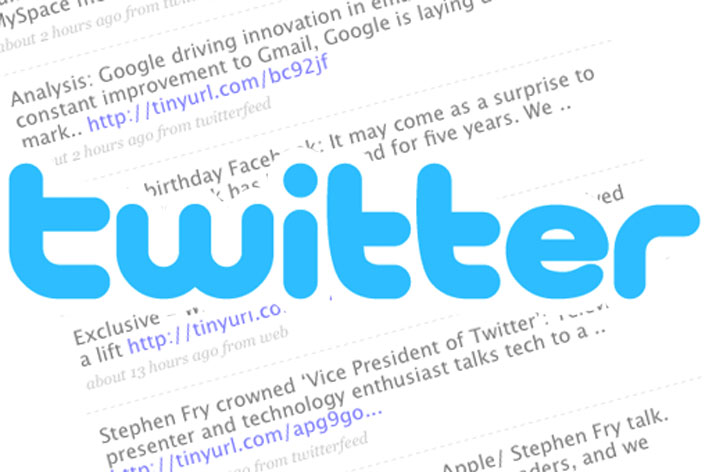
Sign up today and you will receive a free copy of our Future Focus 2025 report - the leading guidance on AI, cybersecurity and other IT challenges as per 700+ senior executives
You are now subscribed
Your newsletter sign-up was successful
Twitter has unveiled new third-party integration tool @Anywhere, but didn't have anything else new to show off at this year's SXSW.
Some 3,000 people filled the main exhibition hall at this year's South by Southwest Interactive (SXSW) to hear Twitter chief executive and founder Evan Williams in a keynote interview.
Those hoping to hear about Twitter's plans for advertising and more about its business model were disappointed - sending some heading for the exits and others to the site itself to complain about the dry style of interviewer Umair Haque of the Harvard Business Review.
Using the @Anywhere system, websites will now be able to turn mentions of individuals, groups or businesses into links to their Twitter accounts, enabling users to follow them without going to Twitter.com.
You'll also be able to instantly follow the writer of an article and Tweet from the page itself enabling easy commenting or forwarding of links, again without going back to Twitter.com or a third-party client.
Thirteen websites will be using @Anywhere to start with, including the New York Times, Amazon and YouTube.
According to Williams, @Anywhere "reduces friction" and addresses what he repeatedly said was the biggest challenge with Twitter discovering Tweets that were useful to you.
Sign up today and you will receive a free copy of our Future Focus 2025 report - the leading guidance on AI, cybersecurity and other IT challenges as per 700+ senior executives
"Discovery is the hardest challenge we know there's all this valuable info buried in the Twitter network, but there are 50 million Tweets a day, so how do you find the 100 which are most valuable for you?"
He went on to say: "There's something interesting on Twitter for everyone. Oh, the Flaming Lips are on Twitter? I can get updates from the band? That's cool. We need to tell people that."
He was keen to say it was important Twitter remained a two-way medium, but it's clear that with @Anywhere, Twitter is aiming more and more at replacing RSS and bookmarks as a way for internet users to keep up to date.
Search worries
With the brief announcement made, Williams talked repeatedly about his desire to build a company that reflected the openness and transparency that characterise Twitter as a service.
He did however, concede that there was a need for Twitter to act as a "shepherd" to look after its ecosystem. It's sending "hundreds" of cease-and-desist orders a day to companies creating spam for the service.
He also addressed the decision to open up Twitter's data to Google and Microsoft's Bing in order to be indexed for search. It was the subject of much internal debate at Twitter, with the company worrying it was giving away commercially valuable data the "golden goose."
However, the decision to go ahead with the partnership was made because Twitter thought Google and Microsoft would help increase the value of the network and aid in discovery of information on Twitter, and that as it would make the service better for users, it would ultimately be better for Twitter as a company.
-
 Salesforce targets telco gains with new agentic AI tools
Salesforce targets telco gains with new agentic AI toolsNews Telecoms operators can draw on an array of pre-built agents to automate and streamline tasks
-
 Four national compute resources launched for cutting-edge science and research
Four national compute resources launched for cutting-edge science and researchNews The new national compute centers will receive a total of £76 million in funding
-
 Who owns the data used to train AI?
Who owns the data used to train AI?Analysis Elon Musk says he owns it – but Twitter’s terms and conditions suggest otherwise
-
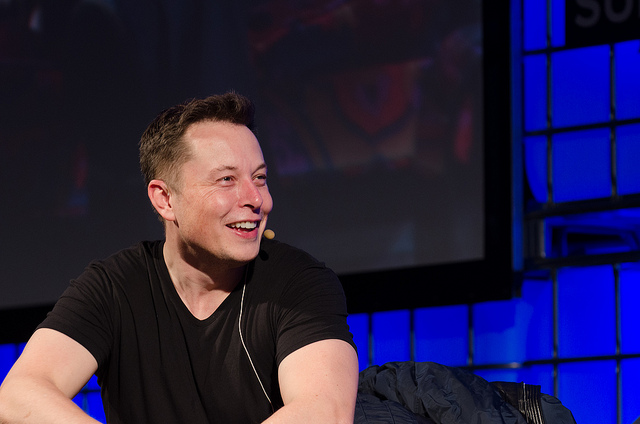 Elon Musk confirms Twitter CEO resignation, allegations of investor influence raised
Elon Musk confirms Twitter CEO resignation, allegations of investor influence raisedNews Questions have surfaced over whether Musk hid the true reason why he was being ousted as Twitter CEO behind a poll in which the majority of users voted for his resignation
-
 Businesses to receive unique Twitter verification badge in platform overhaul
Businesses to receive unique Twitter verification badge in platform overhaulNews There will be new verification systems for businesses, governments, and individuals - each receiving differently coloured checkmarks
-
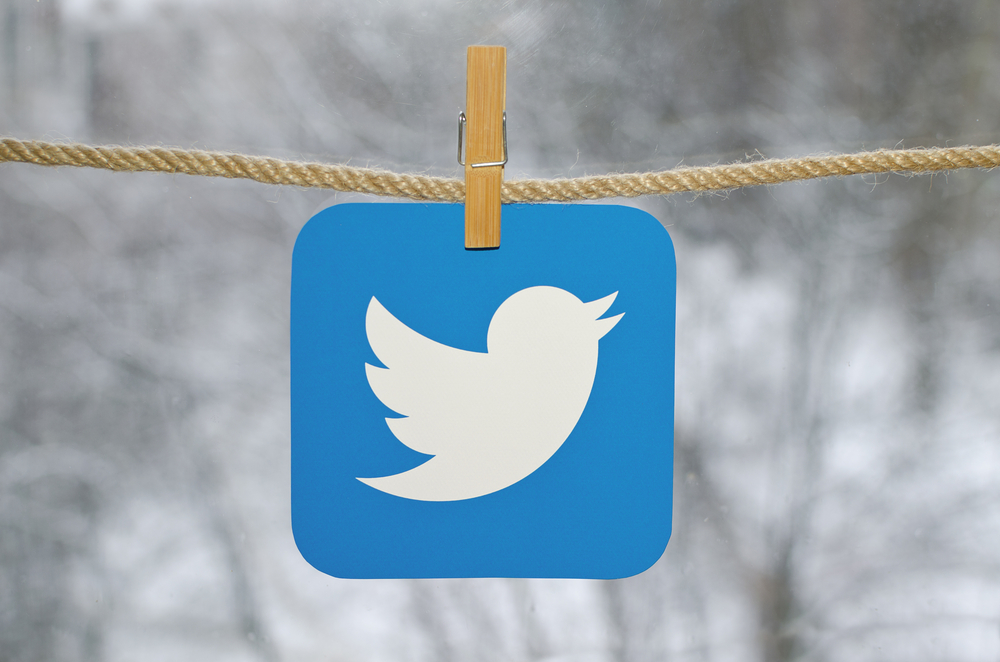 Ex-Twitter tech lead says platform's infrastructure can sustain engineering layoffs
Ex-Twitter tech lead says platform's infrastructure can sustain engineering layoffsNews Barring major changes the platform contains the automated systems to keep it afloat, but cuts could weaken failsafes further
-
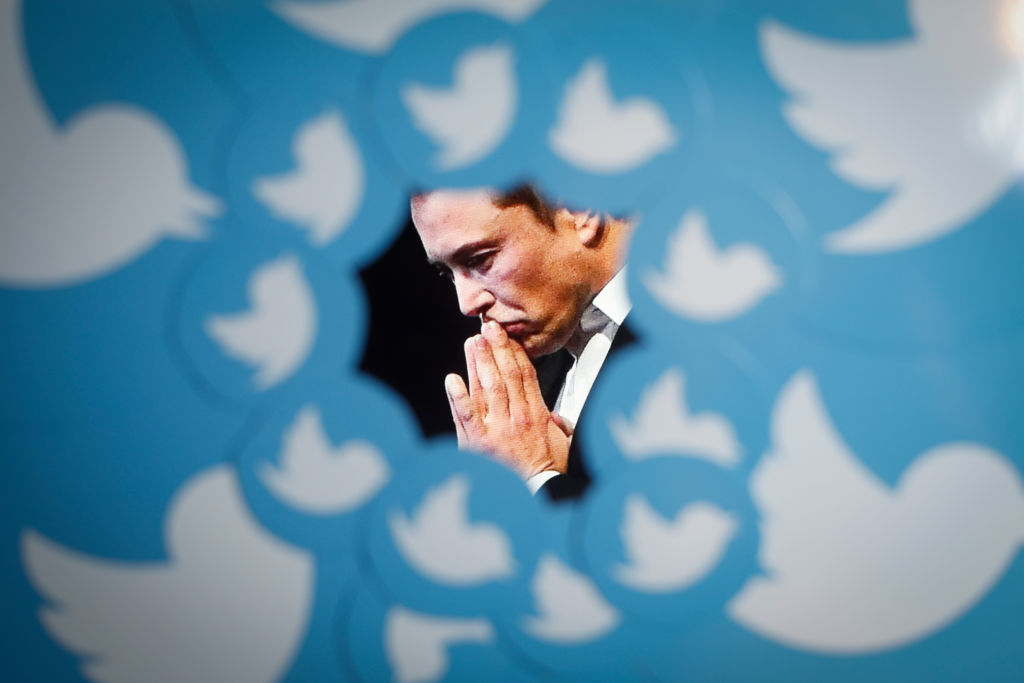 ‘Hardcore’ Musk decimates Twitter staff benefits, mandates weekly code reviews
‘Hardcore’ Musk decimates Twitter staff benefits, mandates weekly code reviewsNews The new plans from the CEO have been revealed through a series of leaked internal memos
-
 Twitter could charge $20 a month for 'blue tick' verification, following Musk takeover
Twitter could charge $20 a month for 'blue tick' verification, following Musk takeoverNews Developers have allegedly been given just seven days to implement the changes or face being fired
-
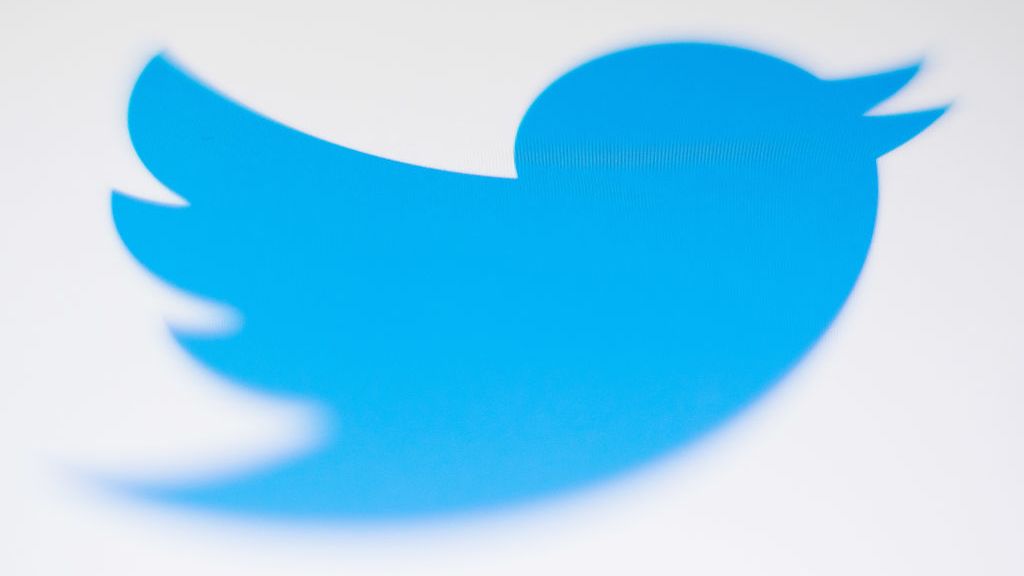 Twitter reports largest ever period for data requests in new transparency report
Twitter reports largest ever period for data requests in new transparency reportNews The company pointed to the success of its moderation systems despite increasing reports, as governments increasingly targeted verified journalists and news sources
-
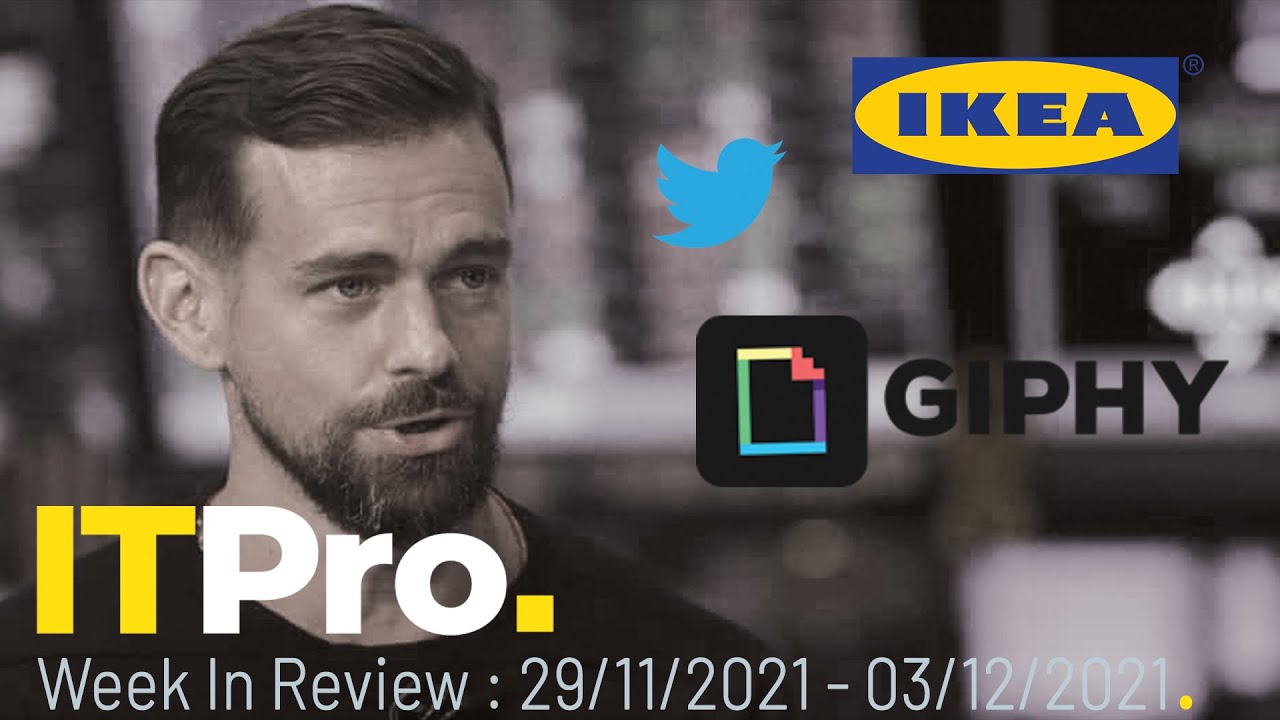 IT Pro News In Review: Cyber attack at Ikea, Meta ordered to sell Giphy, new Twitter CEO
IT Pro News In Review: Cyber attack at Ikea, Meta ordered to sell Giphy, new Twitter CEOVideo Catch up on the biggest headlines of the week in just two minutes